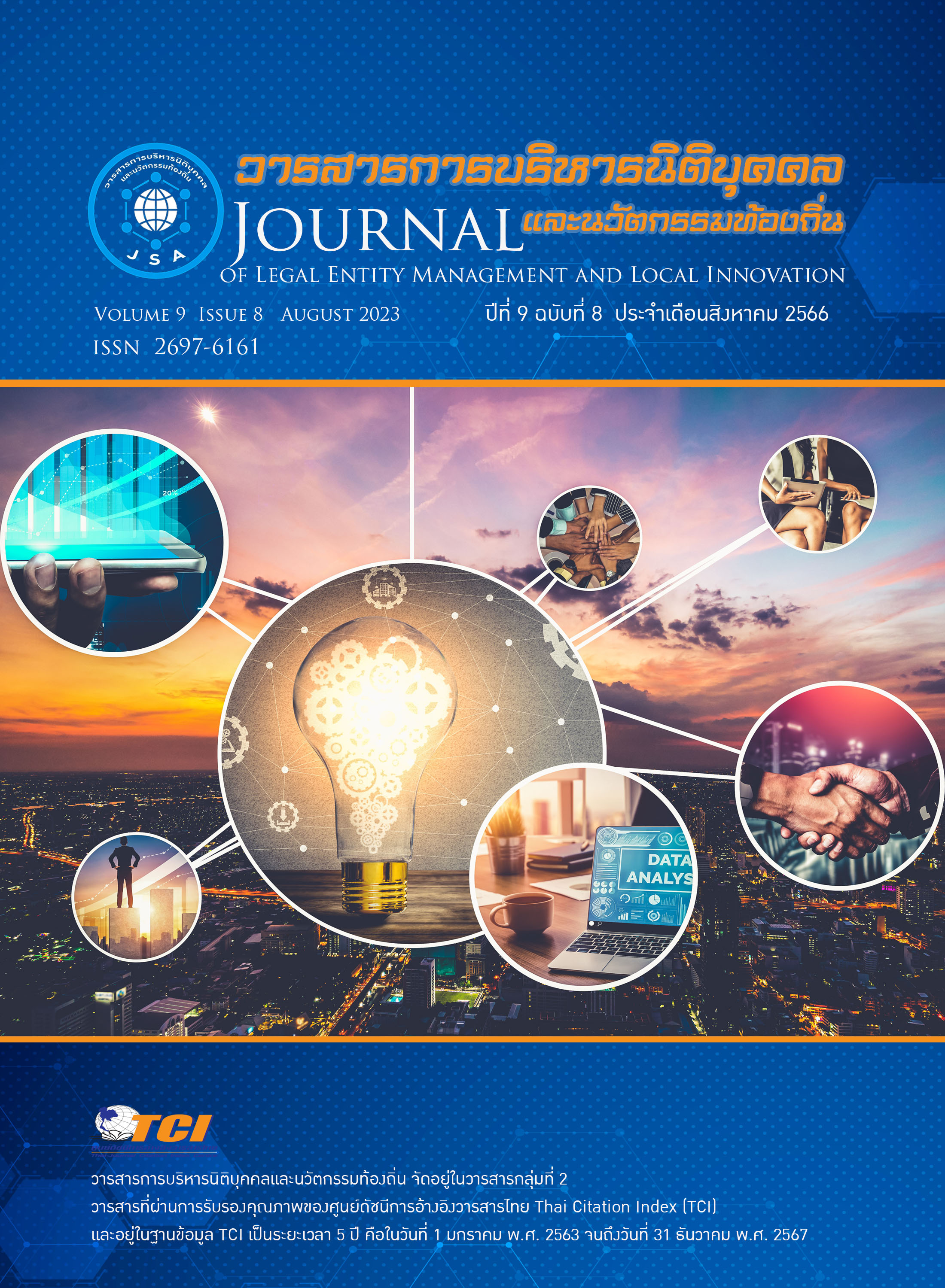Self-Esteem in English Learning among Higher Education Students: A Qualitative Study in Thailand
Keywords:
Self-Esteem, English Foreign Language Learning (EFL), Achievement, Higher EducationAbstract
Self-esteem can be defined as the conviction that one possesses either value or capability. Both the beliefs that one holds about oneself (such as "I am loved" and "I am deserving") and the emotional states that a person goes through (such as triumph, depression, pride, and shame) are included in self-esteem. The concept of self-esteem is intriguing due to the fact that it can accurately predict a variety of outcomes, such as academic accomplishment, contentment, marital and relationship satisfaction, and even criminal behaviour. Despite the typical and temporary shifts that occur in one's self-esteem, psychologists typically see self-esteem as an enduring personality attribute known as "trait self-esteem." Some synonyms for self-esteem are "self-worth," "self-regard," "self-respect," and "self-integrity." This study aimed to explain the crucial self-esteem in learning English as a foreign language. The purposeful sample comprised six Thai English as a Foreign Language (EFL) students majoring in English at Thai universities. (1) Thai higher education students; (2) English learner program; and (3) Thai university enrollment in the year 2023. Experts examined the validity of the content of the qualitative questions. Students of English as a foreign language (EFL) in Thai universities of higher education perceived self-esteem as a crucial factor in English learning. High academic achievers are highly associated with EFL institute students' self-esteem. English is crucial for future daily life and employment, particularly for the younger generation. Students could use technology and mobile devices to study English. The appeal of English learning depends on instructors' techniques to motivate students. This study concentrates on self-esteem, motivation, and the utilization of technological devices. It may not encompass other factors that may influence the performance of English learners. It seems necessary to conduct additional research into additional variables.


